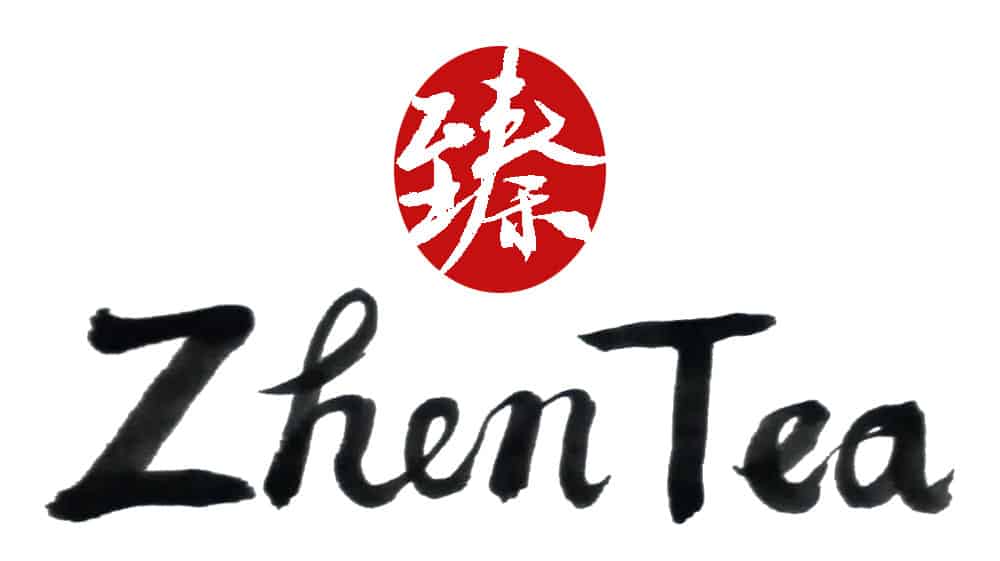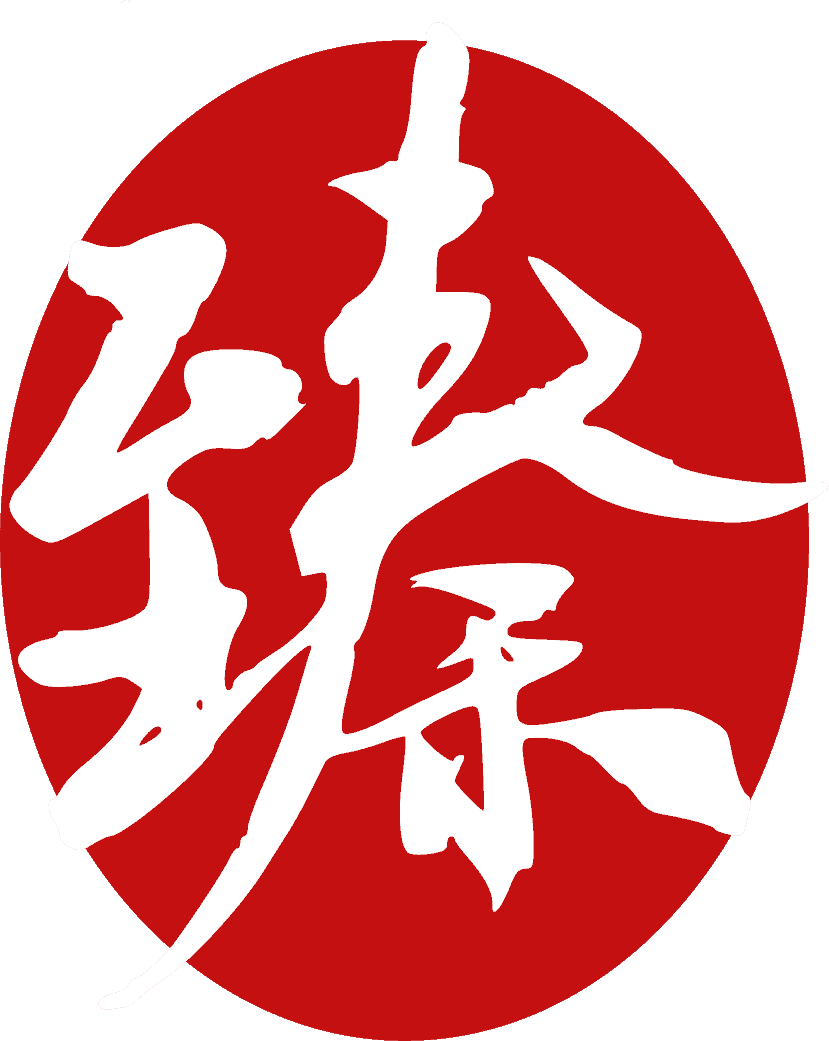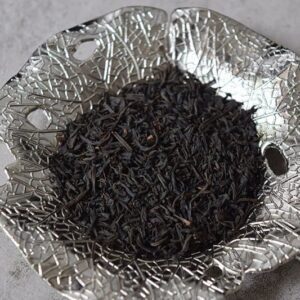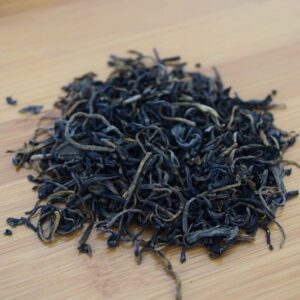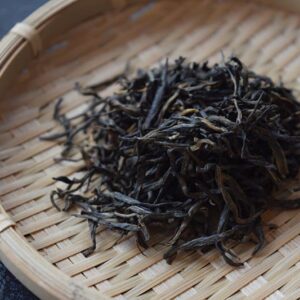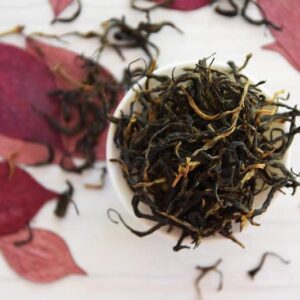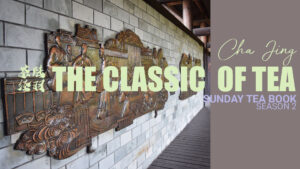Synopsis
The tea process has a close relationship with heat. It’s used to encourage or stop catalysis. It causes extremely complex chemical changes in the tea leaves. In the realistic process of making tea, enzymes are never quiescent. The leaves are not instantly processed after plucking, the kill green process isn’t guaranteed thoroughly or uniformly. Therefore using only enzymic oxidation to classify tea is not entirely realistic.
The character and quality of tea also need to be considered when classifying teas. One of the indicators is color. Teas with similar processing share similar colors, though different in tones, hues, and glossiness (luster, radiance).
SIP ALONG with
-
Traditional Keemun
Price range: $5.00 through $15.00
This blog post is the synopsis and reading notes of the article Tea Classification in Theory and Practice by Professor Chen Chuan, translated by Michael Salt, librarian, East Asian History of Science Library, Cambridge (Journal d’agriculture traditionnelle et de botanique appliquée Année 1981 28-3-4 pp. 329-344).
Watch the Youtube video for the full walkthrough.
The link to the translated article is in the description box on Youtube.
Reading Notes
P.333, para.2. “heat” in this paragraph not only includes the heat that is applied by a heating mechanism, such as kill green or roassting, but also the heat generated by the leaves and the environment.
P.333, para.3. “sha qing does not act thoroughly or uniformly”. should be “It’s not easy for sha qing to act thoroughly and uniformly.”
P.333 para.3. “moreover”. “therefore” might be better, as this sentence is the summary sentence for the section, not a further elaborating sentence.
P333 para.4. “suppose” set the tone of the paragraph of an imaginary/hypothetical situation while the original is taking examples from real life. Detailed explanation in the video.
P334, para.2. “a quantitive to a qualitative distinction”. better understood as “a tipping point”.
P33,4 para 3. “when seen from underneath”. should be “brewed leaves”.
-
Huang Da Cha
Price range: $8.00 through $28.00 -
Jin Jun Mei
$63.00 -
Lapsang Souchong – Top Grade
Price range: $5.00 through $104.00 -
Ying Hong N°9
Price range: $12.00 through $40.00
